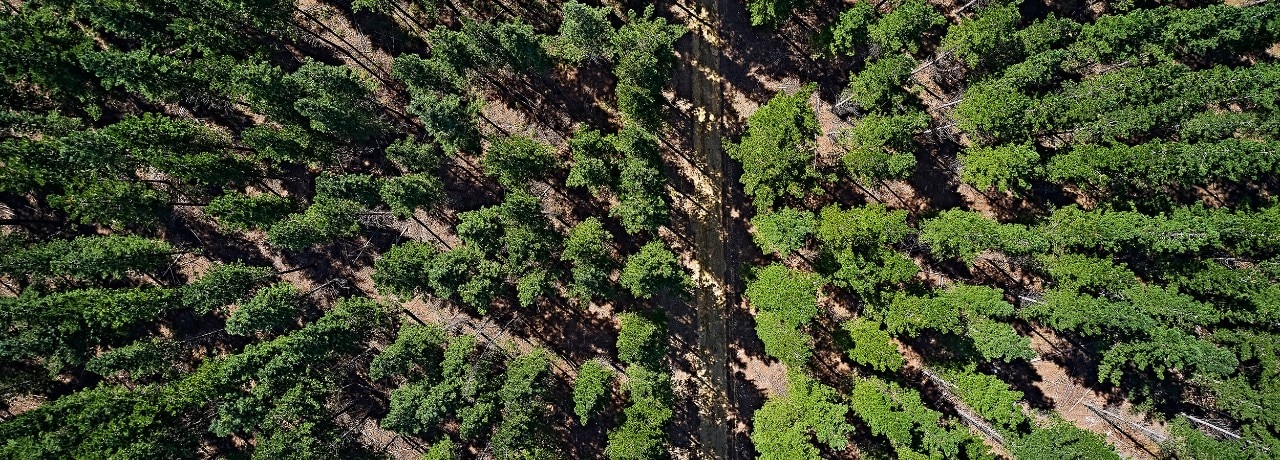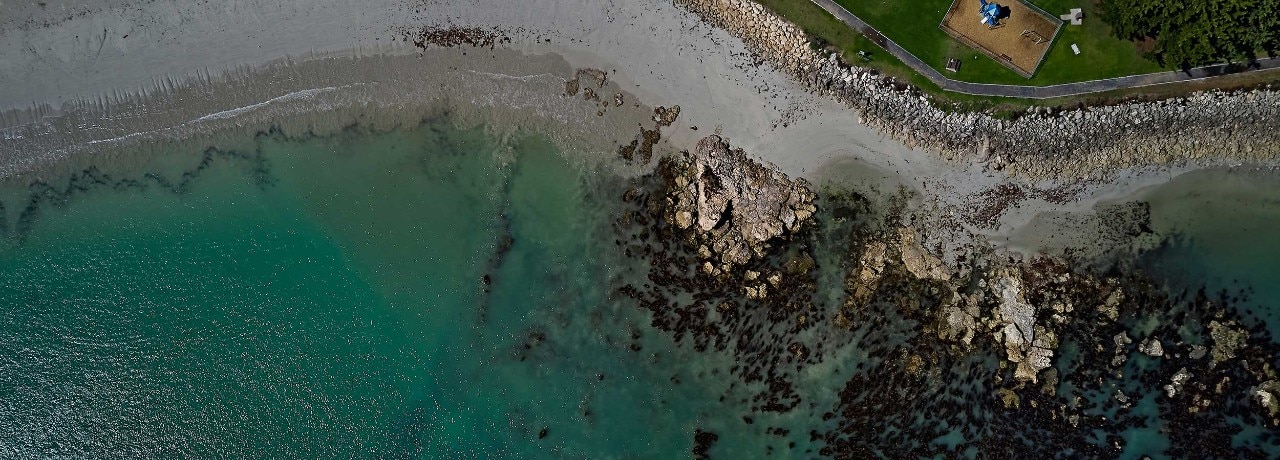Our sustainability approach | Policies and reporting - NAB
Financing ambitions
Why we believe in sustainable business
Sustainable business is good business. It’s our responsibility to make good long-term decisions and help support a strong economy into the future. We assess and balance risks and opportunities to drive long-term value for our customers, colleagues, shareholders and the communities in which we operate.
Our sustainability strategy
As a major bank, our business touches many parts of the economy. We’re determined to play our part and have embedded sustainability in our long-term strategy in three different ways:
- We’re driving commercial responses to society’s biggest challenges. We see taking sustainable action as both the right thing to do, and a source for commercial growth.
- We’re walking the walk ourselves by developing resilient and sustainable business practices, ensuring we are defining and then managing sustainability risks and opportunities.
- We’re innovating for the future, investing in technologies and practices that can help us benefit customers and communities for many years to come.
How we approach sustainability
We seek to leverage our expertise as a bank to address social and environmental challenges at scale.
As an inaugural signatory to the United Nations’ Environment Programme Finance Initiative Principles for Responsible Banking, our ambition is to ensure all of our business activities contribute positively to the achievement of the UN Sustainable Development Goals (SDGs) and the goals of the Paris Agreement.
We embed sustainability management and reporting into governance structures and internal communications to ensure it’s understood by all our colleagues.
NAB’s Executive Leadership Team Sustainability Forum is chaired by the Group Executive, Customer and Corporate Services and oversees NAB’s sustainability strategy and acts as an escalation point for other sustainability-related matters.
Oversight of our sustainability activities rests with the NAB Board, which receives updates at least bi-annually on our sustainability strategy, environmental, social and governance risks, and other related matters.
We also actively engage with a wide range of external stakeholders to get their input and feedback to help inform our decisions. Find out more about our engagement with our stakeholders.
Supporting global cooperation on the SDGs
As a large bank, the finance we provide spreads across almost all activities – which means we have an impact on each of the SDGs, whether directly or indirectly. These impacts are both positive and negative.
We use the SDG framework to:
- Innovate and create products and services that meet our customers’ needs.
- Guide our strategy to prioritise the headline goals where we can play a transformative role.
The priority areas of our strategy are aligned with relevant SDGs where we can make a difference to the societal challenges.
Our priority goals are:
- #7 Affordable and clean energy
- #8 Decent work and economic growth
- #9 Industry, innovation and infrastructure
- #11 Sustainable cities and communities
- #13 Climate action
- #15 Life on land
These headline goals are areas where we’re working to achieve transformative impact. We regularly review these priorities as our operating context changes.
Explore sustainability at NAB
Learn how we're working towards a healthier planet for everyone' with 'Learn more about our environmental approach.
Human rights approach
Upholding human rights is fundamental to the way we do business.
Polices and approach
Browse our policies and resources.
Environment
Learn more about our environmental approach.
Contact us
Use our Customer Support Tool
Solve problems quickly online with our easy-to-follow guides. Simply select a topic and we’ll direct you to the information you need.
Message us online
NAB Messaging is available to answer your questions in a secure environment.
- Log into NAB Internet Banking or the NAB app.
- Select the NAB Messaging icon.
- Select Start Conversation.
Stay in touch on social media
Connect with our social profiles online.
Important information
Apologies but the Important Information section you are trying to view is not displaying properly at the moment. Please refresh the page or try again later.




